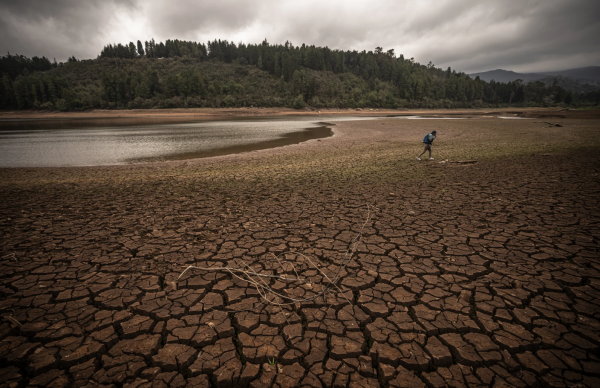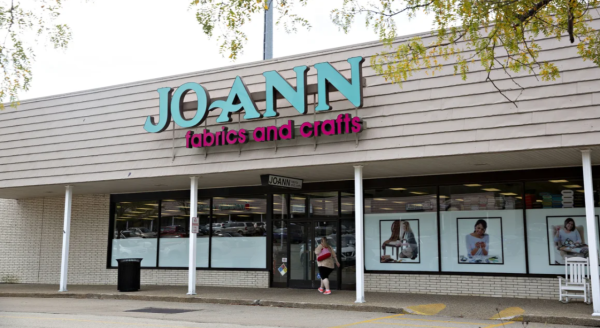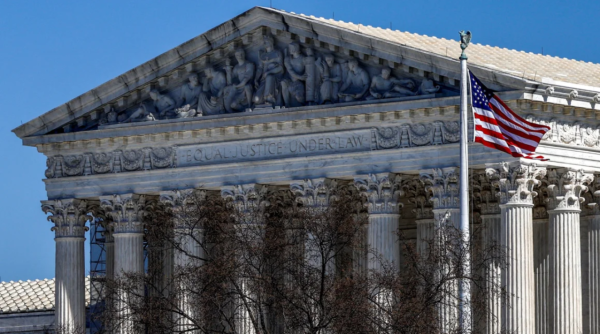Climate Study to be factor in ongoing “Great Place” Initiative
August 28, 2016
Results from the Climate Survey conducted during the spring 2016 semester — where Kent State students, faculty and staff participated in the online survey aimed to gauge community satisfaction with the campus’ living environment, programs and culture — are now complete.
The results of this survey, which have yet to be made public, will be the driving force behind the Kent State “Great Place” Initiative.
The initiative is part of the university’s ongoing “Strategic Roadmap.” The map—already approved by the Board of Trustees—is a list of goals and priorities, broken down into 14 distinct initiatives.
The university would like to develop as it moves forward. One of these is the “Great Place” initiative, which, according to the Kent State website, “prioritizes attention to the diverse human element of the university.”
The Climate Survey was conducted by outside consultant Rankin & Associates and guided by a Steering Committee. It was headlined by Dr. Kathryn Wilson, professor of economics, and Shay Little, interim vice president of Student Affairs, was meant to prioritize this initiative.
“Of course we want an inclusive campus environment that’s respectful of our differences and different identities we bring,” Little said. “This climate survey gives you the opportunity to describe your personal experiences and observations at Kent State, and offer suggestions for change.”
The results of the survey will help to create specific goals meant to make Kent State more of a “Great Place” by improving on areas of concern in the survey.
“This gives a benchmark, we can see what things (we) need to improve on, we can put in place plans to make improvements in those areas, and then we can look to see ‘alright, are we making the progress?” Wilson said. “Are we changing the things we want to change? If you don’t know what’s not working, it’s really hard to change it.”
Work on the initiative will begin once the results of the survey are presented to the Kent State community by Rankin & Associates on Jan. 23 and 24 of 2017.
“She (Rankin) will meet with the president’s administrative council, the climate survey steering committee, and there will be two town halls on the Kent campus that day, that anyone can come to,” Little said. “She will present that information there, and allow for dialogue. That’ll be the first time anyone from the campus community here sees what she has to say.”
Once the data is made public, and available to the Steering Committee, the university can draw conclusions and set goals for the initiative based upon the thoughts, feelings and suggestions of those who took the survey.
“As I talk to people, and we dialogue about all this, I think people believe Kent State is going to do something with that information, there will be actions taken,’’ Little said. “Not all the results are going to be happy, there’s going to be some challenging information.”
Changes made as a result of the study could range from support for certain groups or changes in accessibility standards to tangible changes in the college. These changes would be student to current construction on a meditation room in the Student Center.
Although not a direct result of the study, the creation of the meditation room is a response to the needs of the student body, and an example of what could be born of the study’s data.
“That’s (the meditation room) come about because students wanted a quiet place for reflection,” Little said. “So we decided, ‘Okay, let’s make some modifications and build this meditation space.’ ”
When the survey results are released, the concerns expressed within the responses may result in similar changes. Until then, however, the committee, as well as those involved in Student Affairs — such as Little — will continue to prepare to utilize the data.
“The idea is that this fall … we want to transition the Climate Survey steering committee to the ‘Great Place’ initiative group,” Little said. “The Climate Study Steering Committee managed the actual facilitation of the survey itself, so this other group is then going to (use) that information and take the next steps.”




















